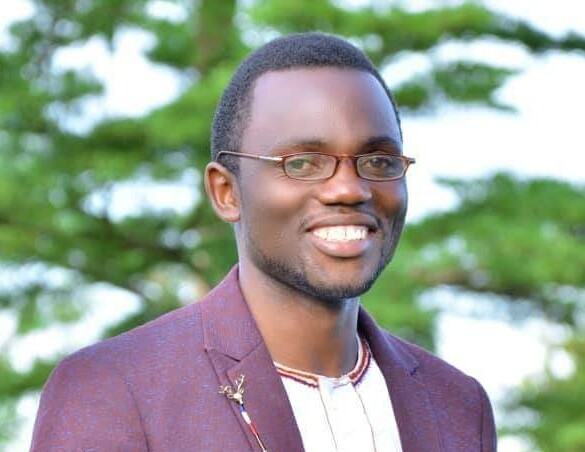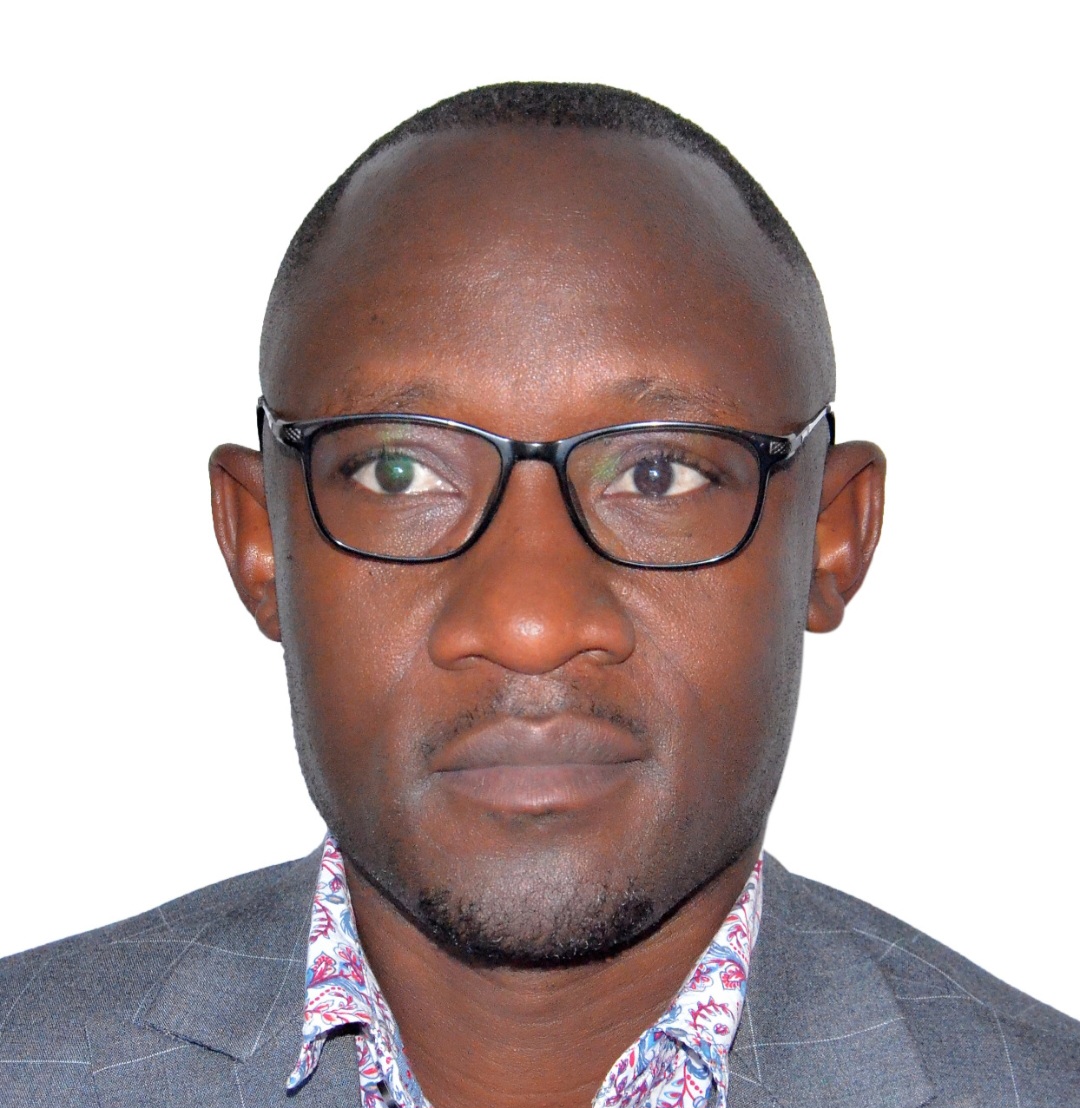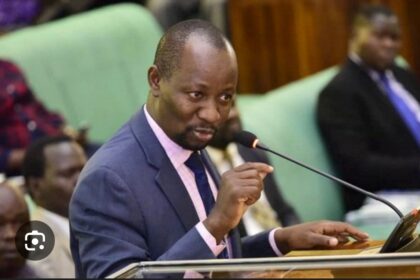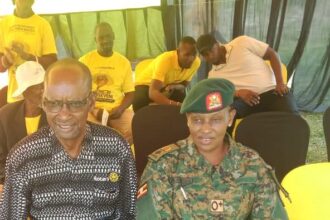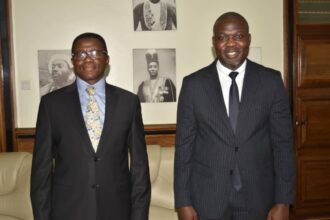“When our fighters looted from the people, I immediately took action. We could not afford to lose the trust of the very wananchi we were fighting for. Leadership means taking hard decisions to preserve justice and unity.” Sowing the Mustard Seed, Chapter 8: Managing Victory, 1986–1988
Fellow compatriots, especially fellow Bazzukulu, it is imperative to slowly re-emphasize the message of H.E. Yoweri Kaguta Museveni on the Balaalo crisis—an issue that goes beyond mere grazing rights to touch the very soul of our national discipline, patriotism, and unity. In his recent article on his official X (formerly Twitter) platform, the “Ssaabalwanyi” boldly confronted a matter that many have feared to address for years: the impunity, indiscipline, and arrogance of certain groups—particularly the wealthy pastoralists from the cattle corridor—who have abused their economic advantage to trample on the rights and livelihoods of vulnerable communities, especially in the North, North-West, and East of Uganda.
The President’s directive to evict the disorderly Balaalo is not an attack on any tribe or community, as some may falsely suggest, but a timely intervention to restore sanity, peace, and lawful conduct among Ugandans. The issue of kwonesa (livestock grazing on other people’s crops), illegal fencing of communal access routes, and unauthorized occupation of government ranches undermines the patriotic principles upon which the National Resistance Army (NRA) and later the National Resistance Movement (NRM) were founded. As clearly stated in Museveni’s Ten-Point Programme—particularly points 4 (Eliminating sectarianism), 6 (Consolidating national unity), and 8 (Building an independent, integrated and self-sustaining national economy)—no group, regardless of wealth or origin, should disrupt the livelihoods of others or defy national laws under the pretense of freedom of movement or economic contribution.
President Museveni’s firm hand in disciplining some of the errant Balaalo stems not from impulse, but from a deep-rooted ideological foundation, as laid out in his books such as “Sowing the Mustard Seed” and “What is Africa’s Problem?” In these, he warns against allowing “a class of arrogant, unaccountable elites” to grow within a society, especially those who believe wealth or military connections exempt them from lawful conduct. His Executive Order on this matter is a necessary reinforcement of institutional authority, ensuring no Ugandan is above the law.
DEAR READERS , also In the mind tickling book “What is Africa’s Problem?”, he identifies poor leadership and selfish elites as the core challenges to African transformation. The “Balaalo” situation is a textbook manifestation of this: some wealthy individuals have used their resources and military connections to intimidate locals, encroach on communal lands, and ignore justice mechanisms such as the traditional “kutsibika” (tying and fining offending livestock).
This has not happened today but it has been an outage for long…..Multiple sources, including the Daily Monitor (Feb 2024), The Observer (March 2023), and the New Vision (July 2022), have all published reports on the rising tensions caused by pastoralists who fail to follow community grazing norms. These sources cite frequent crop destruction, water source conflicts, and acts of impunity by herders, often linked to military escorts. The President’s intervention is, therefore, not only justified but long overdue and supported by the lived realities of affected Ugandans.
ALLOW ME ADD ON THE RECOMMENDATIONS BASED ON H.E. MUSEVENI’S SUSTAINABLE GUIDANCE;
Why can’t we Institutionalize Land Verification and Land Use Compliance Before Cattle Movement?
The government, through the Ministry of Agriculture, Animal Industry and Fisheries (MAAIF) and the Ministry of Lands, needs to strengthen enforcement mechanisms to verify land ownership and preparedness before granting cattle movement permits. No permit should be issued unless the destination land is legally acquired, fenced properly, and has sustainable water sources. This aligns with sustainable development principles and the NRM’s emphasis on organized agriculture rather than disorderly expansion. The President rightly pointed out the irresponsibility of permit-issuing officers who fail to assess the impact of relocation, resulting in kwonesa and conflict. Institutional discipline must be restored to protect both herders and host communities.
There is need for Establish Regional Livestock Holding Zones and Breeding Centers rather than encouraging pastoralists to roam into unprepared regions, the government should invest in livestock holding zones and breeding centers at regional levels. These centers would provide temporary shelter, water, veterinary services, and training in sustainable livestock management. This builds on the NRM’s objective to modernize agriculture and reduce nomadism. It also protects government ranches from invasion while providing a buffer mechanism to regulate livestock movements across districts. Such centers would act as checkpoints where cattle can be registered, vaccinated, and owners sensitized before full integration into local communities.
Strengthen Community Justice and Local Governance Mechanisms. The traditional justice mechanisms like kutsibika and local fines should be protected and legally recognized to empower host communities to hold all offenders accountable—regardless of wealth or social status. These systems promote conflict resolution, cultural respect, and peaceful coexistence. However, as the President noted, some arrogant individuals armed with relatives in uniform have undermined these mechanisms. The Uganda Human Rights Commission, local governments, and the judiciary must work with cultural institutions to reinforce these community systems and protect them from intimidation. When all Ugandans are subject to the same justice standards, national unity is strengthened.
Conduct a Nationwide Discipline and Patriotism Campaign for All Social Classes.H.E. Museveni’s message should form the foundation of a nationwide civic campaign targeting all Ugandans—rich or poor, rural or urban—on the values of discipline, patriotism, and order. This campaign should be led by the Office of the President in collaboration with the National Leadership Institute (NALI), schools, and civil society organizations. Lessons from the NRA war should be incorporated to teach young Ugandans the cost of impunity and the value of lawful conduct. The aim should be to dismantle the growing culture of arrogance among elites who disregard national values for personal gain. As the President often says, “Development without discipline is disaster.”
In a nutshell, President Museveni’s Executive Order on the Balaalo is not just a localized pastoralist issue—it is a broader call to return to national values of discipline, equality, and justice. As Ugandans, we must understand that true unity and freedom come with responsibility. The Balaalo crisis is a symptom of deeper social challenges: abuse of privilege, weakening of institutions, and disregard for the rule of law. The President has once again stepped forward as the Ssaabalwanyi, the chief defender of Ugandan unity and order. It is upon all of us—especially the youth—to carry forward this torch by rejecting impunity, embracing national discipline, and building a truly united and organized Uganda.
Writer and Researcher
vj.akansasira@gmail.com
0702969211
Do you have a story in your community or an opinion to share with us: Email us at Submit an Article



